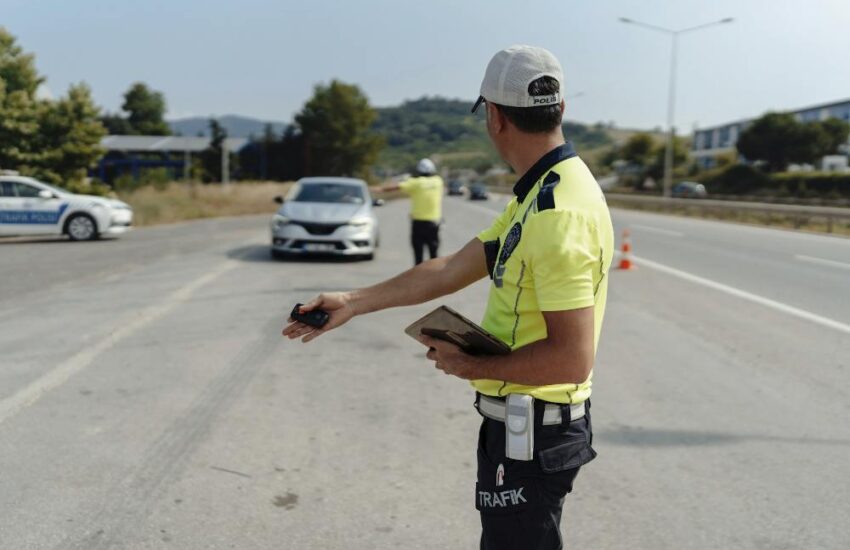Dealing with the Legalities of a Motorcycle Accident in the US: What You Need to know
Motorcycle accidents can be both physically and emotionally devastating. In the United States, there are a complicated set of rules and regulations that you need to understand when dealing with the legalities surrounding the aftermath of a motorcycle accident. These are important to be aware of whether you were the motorcycle rider yourself or if you were involved or affected by the accident.

Immediate actions
Whether you were in the accident or a third party, prioritizing safety and seeking medical attention for anyone injured is always going to be your very first step after a motorcycle accident has happened. Once everyone is safe, the next thing to do is document the scene. You can do this by taking pictures of the accident, speaking to witnesses, and calling the police to file an accident report. Promptly reporting the incident is essential for establishing a factual record of the events.
Insurance requirements
Ensure that you fully understand what is required by your insurance provider. In many states, motorcycle riders are required to carry liability insurance to cover bodily injury and property damage caused to others in an accident. It is advisable to get uninsured motorist insurance to protect yourself if the at-fault party lacks sufficient insurance. Familiarize yourself with your state’s specific insurance laws to ensure you comply with them.
Fault and negligence
Establishing fault is an incredibly important aspect of dealing with the legalities of motorcycle accidents, especially if it gets to a situation of plaintiff vs. defendant in court. Negligence plays a significant role in determining fault. Factors such as reckless driving or violating traffic laws can contribute to establishing negligence. It is important to gather evidence, including witness statements, accident reconstruction reports, and traffic camera footage to help establish liability.
Many states follow a comparative negligence system, which means that fault can be shared among multiple parties involved in an accident. Understanding your state’s specific comparative negligence laws is crucial, as it can impact your ability to recover damages. In states with pure comparative negligence, you may still be eligible for compensation even if you are only partially at fault. Your recovery amount may be reduced if this is the case.
Statute of limitations
Every state has a statute of limitations that sets a deadline for filing a personal injury lawsuit after a motorcycle accident. If you don’t file for a lawsuit in this timeframe, you will no longer have the right to do so. It is important to be aware of how long you have to file a lawsuit. In the event of an accident, consult with an attorney promptly to ensure compliance with your specific state’s statute of limitations.
Types of damages
In the context of motorcycle accidents, damages refer to financial compensation for loss incurred. After an accident you can experience loss due to a number of things. The loss can be economic due to lost wages, medical expenses, damage to property, or it can be due to non-economic factors such as emotional distress or pain and suffering. It is important to understand that the types of damages you may be entitled to can help you build a comprehensive case for compensation.
Consult with an Attorney
It is always a good idea to consult with an attorney when trying to navigate the legal complexities of motorcycle accidents. It can be challenging and overwhelming, especially when dealing with insurance companies and legal proceedings. An experienced personal injury attorney specializing in motorcycle accidents will be able to advise you on what to do so that you don’t get caught out or miss anything.
Motorcycle helmet laws
Laws regarding helmets may vary from state to state, which impacts not only safety but also potential legal implications. In states that have mandatory helmet laws, not wearing one may affect your ability to recover damages if you are in an accident. The opposite is also true, if there are no laws, it may not matter.
Mediation and settlements
Many motorcycle accident cases are resolved through negotiation, mediation, or settlements before they even get to court. Being open to these alternatives can expedite the resolution process and potentially reduce legal costs. You still need to consult with an attorney before accepting any settlement to ensure that it adequately covers your damages. It is also important to be aware of the ability to use pre and post settlement funding to help manage legal costs if that is something concerning to you.
The legalities of motorcycle accidents in the US can be overwhelming and complicated. It is important to have a comprehensive understanding of state-specific laws and regulations, and getting help from an attorney who specializes in motor vehicle accidents can be helpful to know what to do. Some of the most important aspects are taking immediate actions after an accident, understanding insurance requirements, determining fault, and being aware of comparative negligence laws. By staying informed and seeking professional guidance, individuals can navigate the complicated legal system to ensure a fair outcome.


